According to recent research, sharks off the coast of Brazil have tested positive for cocaine, marking the first instance of this drug being detected in free-ranging sharks.
Scientists examined 13 Brazilian sharpnose sharks near Rio de Janeiro and discovered cocaine in both their liver and muscle tissues, as reported in a study by researchers from the Oswaldo Cruz Foundation in Brazil, which was sent to CNN on Tuesday.
Higher Cocaine Levels in Muscle Tissue
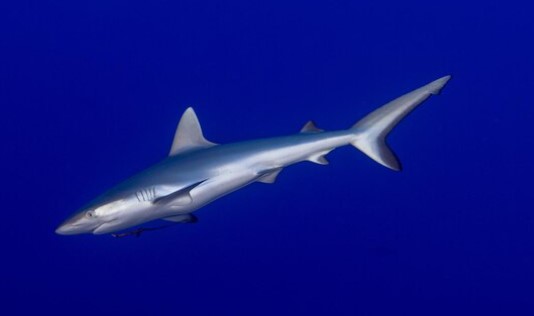
The sharpnose sharks were chosen for the study due to their small size and their habitat in a limited coastal area, where they are exposed to substantial contaminant discharges throughout their lives.
The study found that cocaine levels were approximately three times higher in the muscle tissue compared to the liver tissue, and female sharks had higher concentrations of cocaine in their muscle tissue than males.
Cocaine Pollution Linked to Human Sewage and Illegal Labs
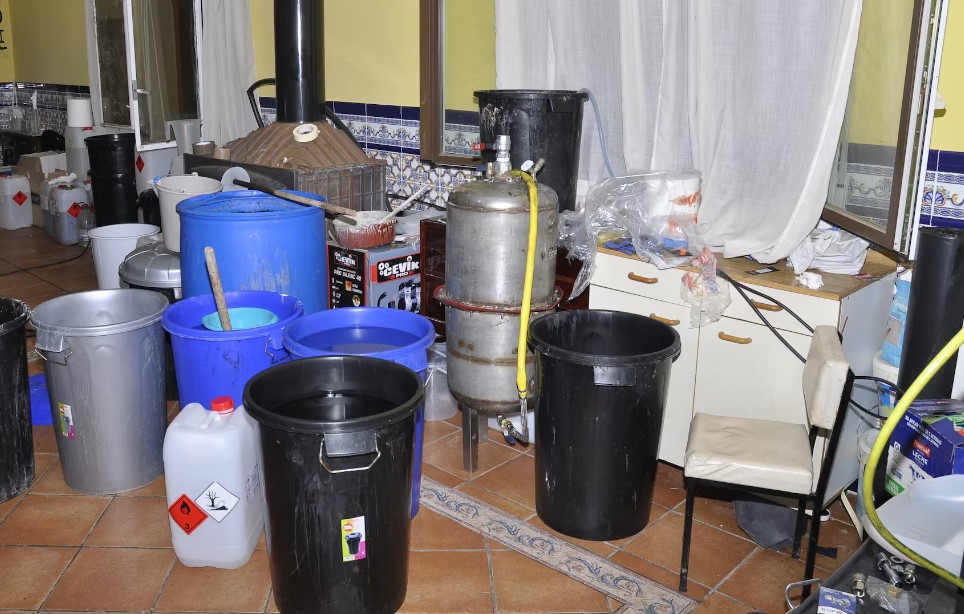
According to study co-author Enrico Mendes Saggioro, an ecotoxicologist at the foundation, the cocaine pollution in the sea is primarily due to human sewage and illegal laboratories producing the drug.
He mentioned to CNN on Tuesday that cocaine use has surged globally in recent decades.
Oceanic Contamination
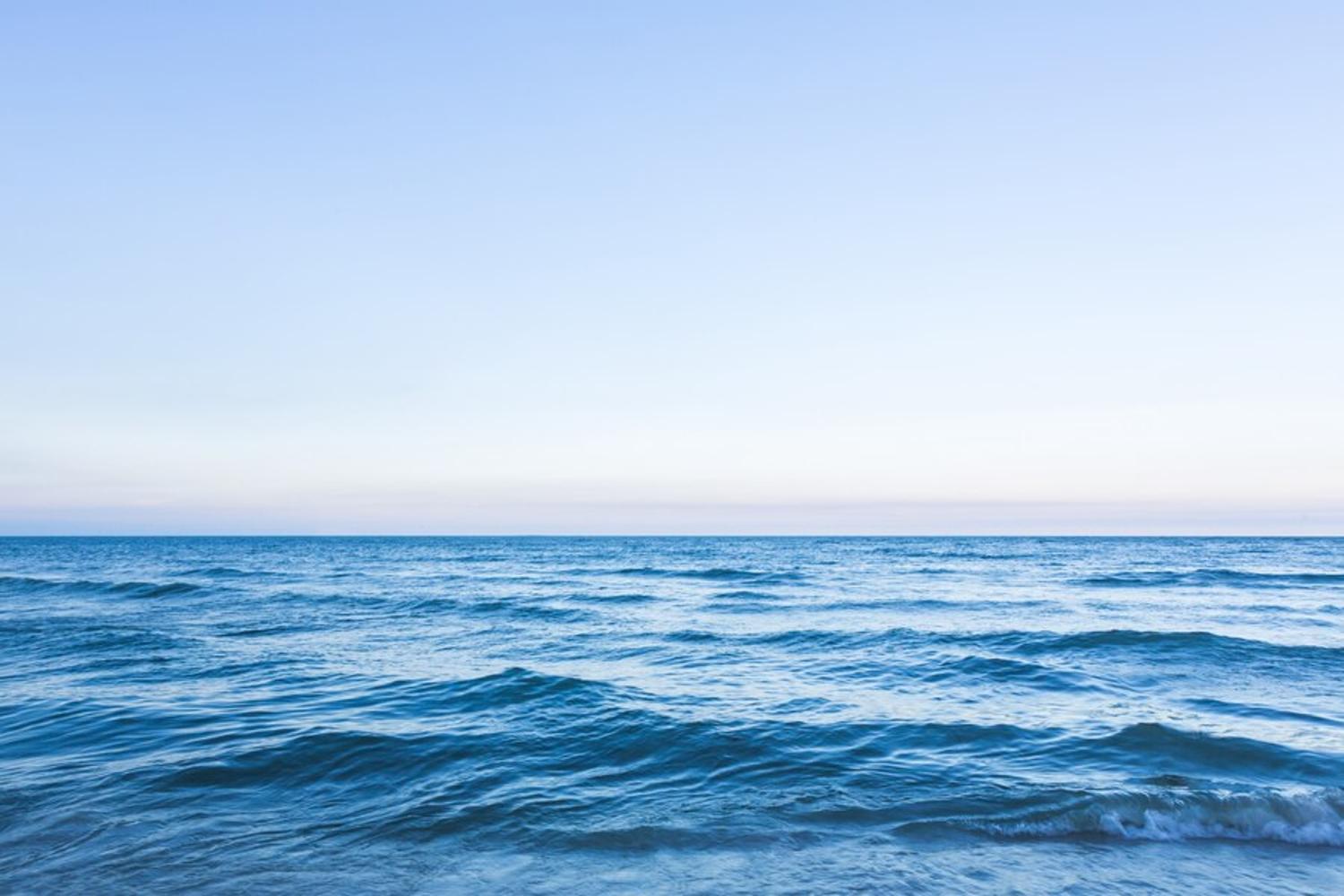
The study highlighted that about 22% of cocaine users are in South America, with Brazil being the second-largest consumer market in the region.
The increase in consumption, combined with inadequate sewage treatment infrastructure, has led to higher levels of cocaine in the ocean, the researchers noted.
Trafficker Sea Dumping Not a Factor in Cocaine Contamination
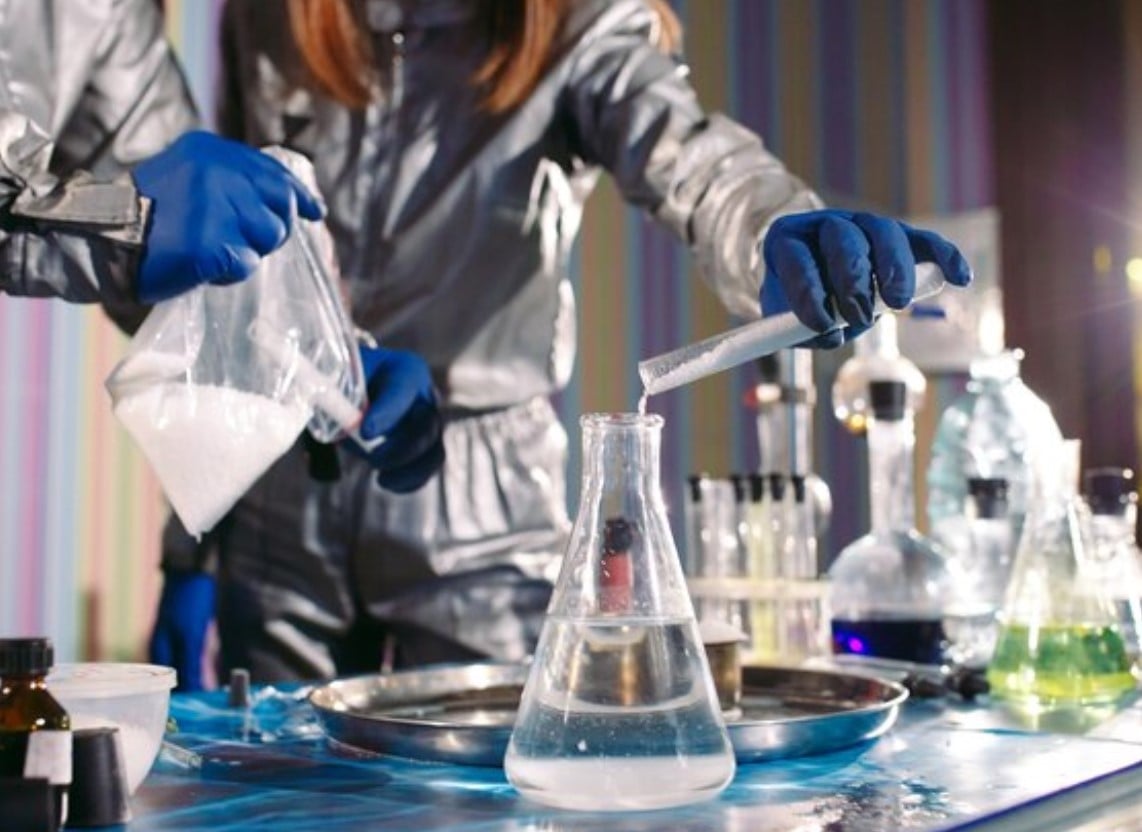
Previous studies had suggested that cocaine dumped at sea by traffickers might cause contamination, but this is not the case in the current study, according to Mendes Saggioro.
“We don’t usually see many bales of coke dumped or lost at sea here, unlike what is reported in Mexico and Florida,” he explained.
No Research Yet on Impact on Shark Health
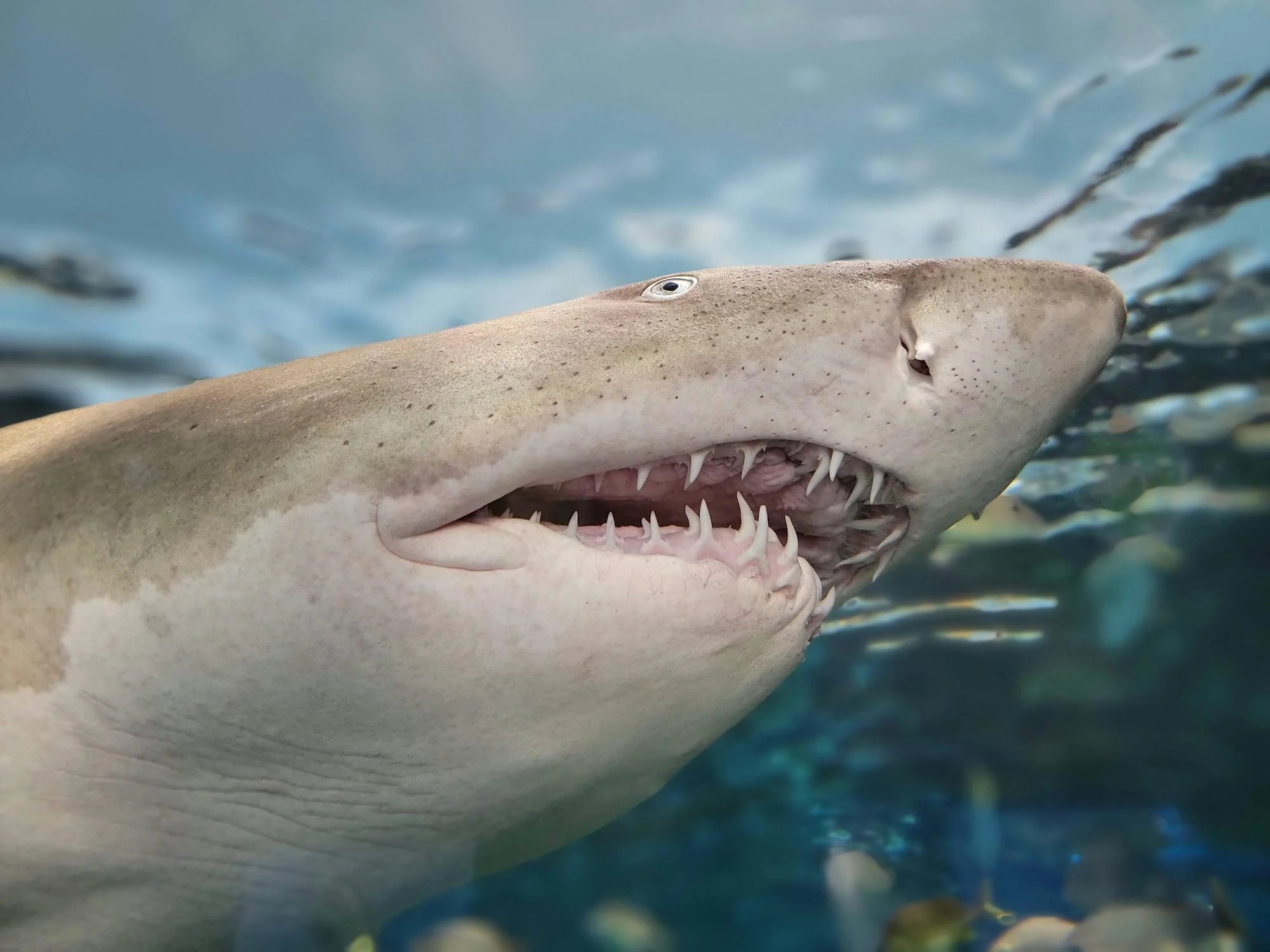
Mendes Saggioro and study co-author Rachel Ann Hauser Davis, a biologist at the foundation, noted that there has been no research yet on whether cocaine affects the health of sharks.
They highlighted that this aspect remains unstudied.
Previous Research Suggests Cocaine Could Harm Other Animals
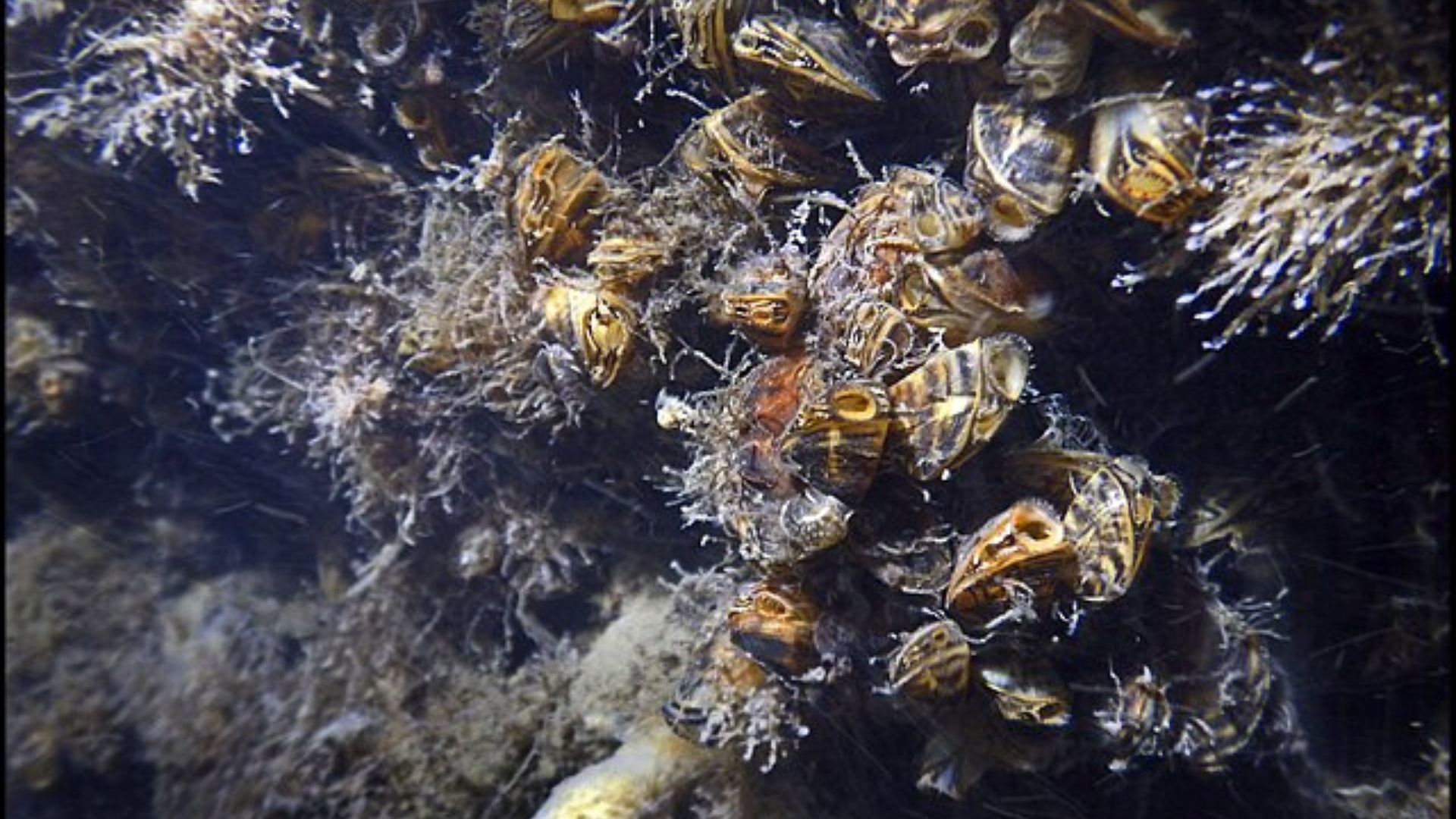
However, previous research indicates that the drug can be harmful to other animals like fish and mussels.
They stated, “It is probable, although not yet proven that exposure would have deleterious physiological effects on the sharks.”
Likelihood of Cocaine Contamination in Prey Animals
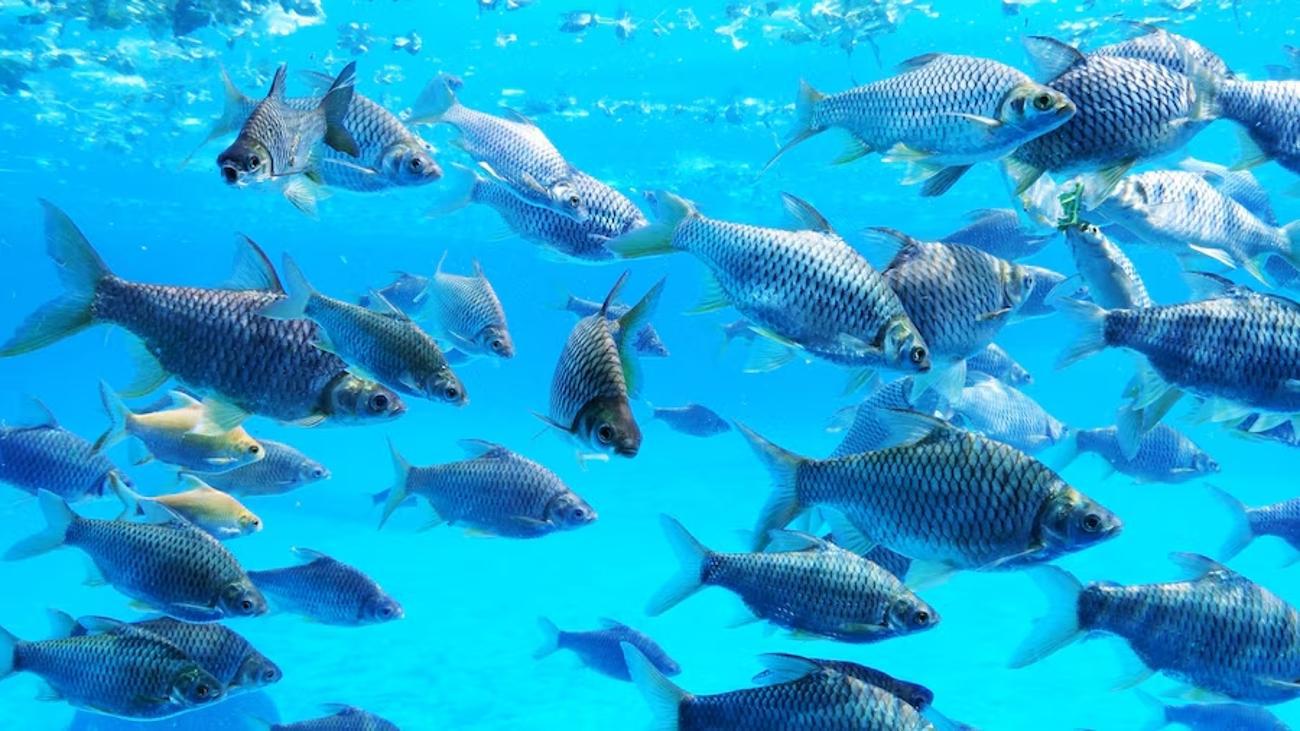
Additionally, while the effects on shark behavior remain unproven due to a lack of research, “cocaine targets the brain and hyperactive and erratic behaviour has been noted in other animals,” they explained.
Hauser Davis suggested it is “very likely” that the crustaceans, fish, and other animals the sharks prey on are also contaminated with cocaine.
Cocaine in our Food Chain

The potential impact on human health is also challenging to determine.
However, the researchers noted that “cocaine has already entered the food chain, as sharks are routinely eaten by humans in Brazil and in many other countries.”
Upcoming Research
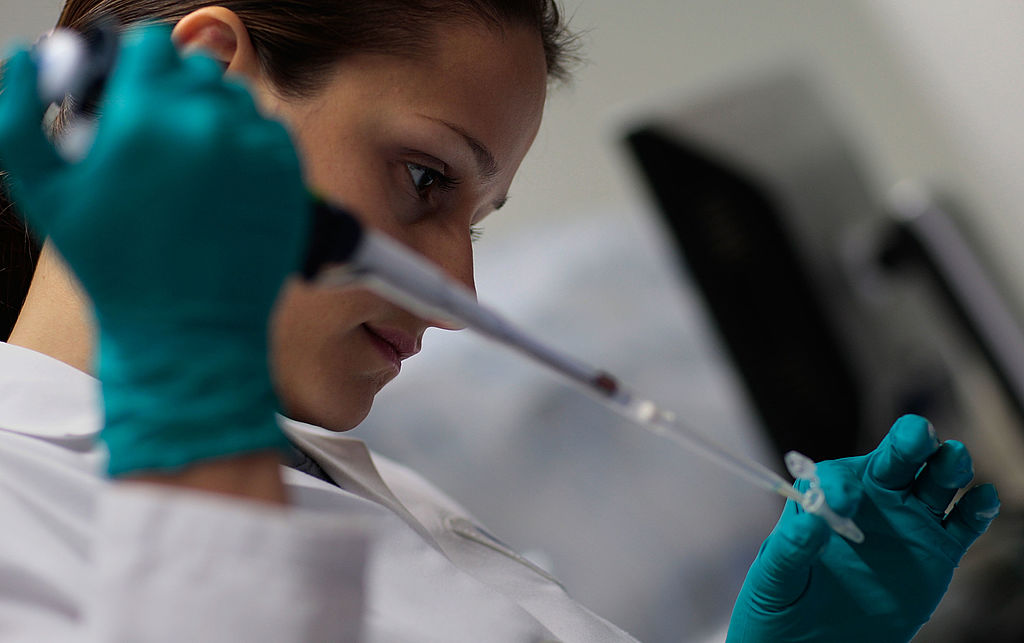
The team plans to study other shark species and rays in river estuaries, and they will also analyze migratory fish like mullet to see if their migratory behavior affects cocaine accumulation, Mendes Saggioro added.
The findings are published in the journal Science of the Total Environment.
Trout Can Become Addicted to Methamphetamine
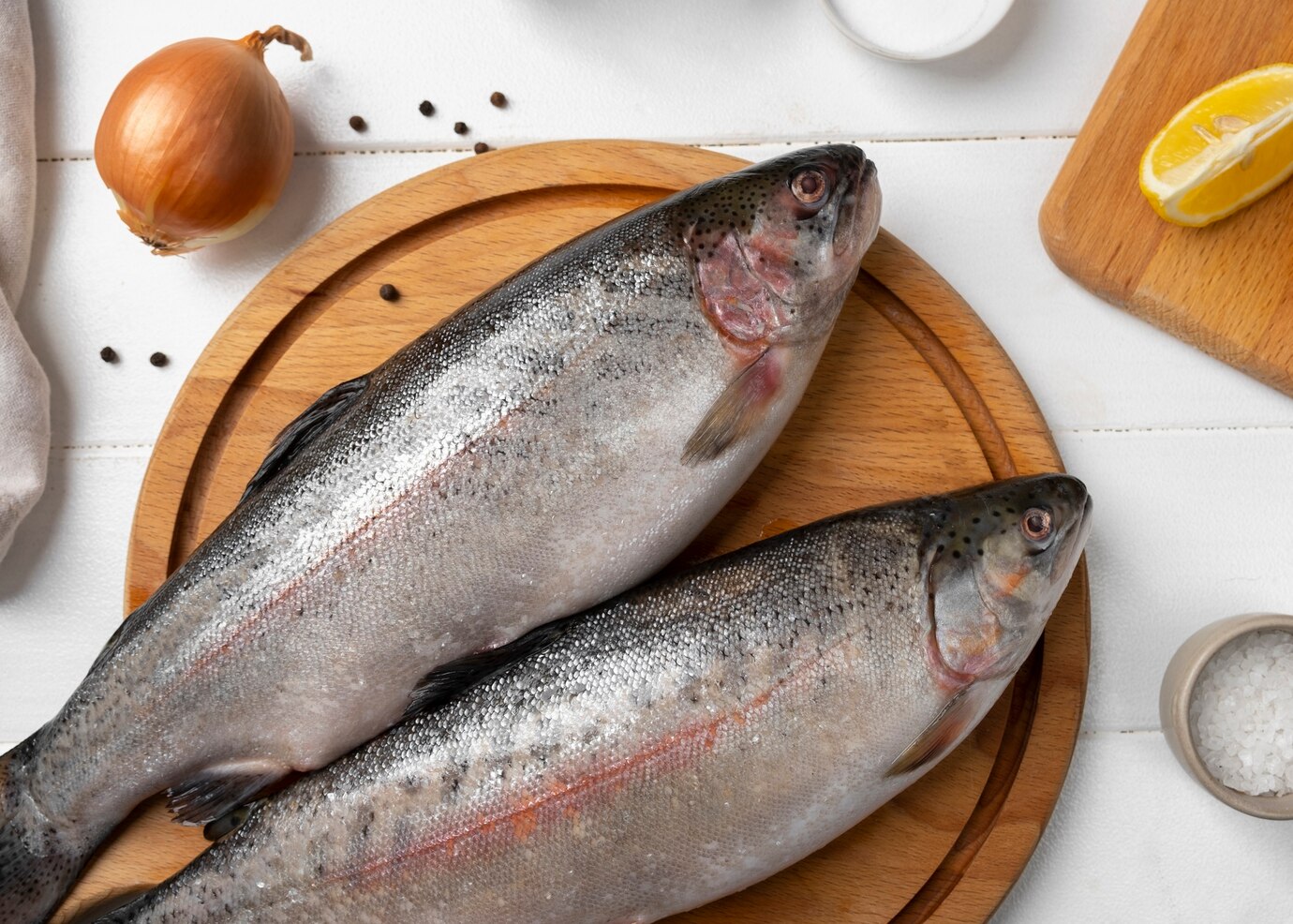
In 2021, researchers discovered that brown trout could become addicted to methamphetamine from contaminated waterways.
“Fish are sensitive to adverse effects of many neurologically active drugs from alcohol to cocaine and can develop drug addiction related to the dopamine reward pathway in a similar manner as humans,” said lead study author Pavel Horky from the Czech University of Life Sciences in Prague in an email to CNN at the time.
Illicit Drugs and Pharmaceuticals Detected in Other Seafood
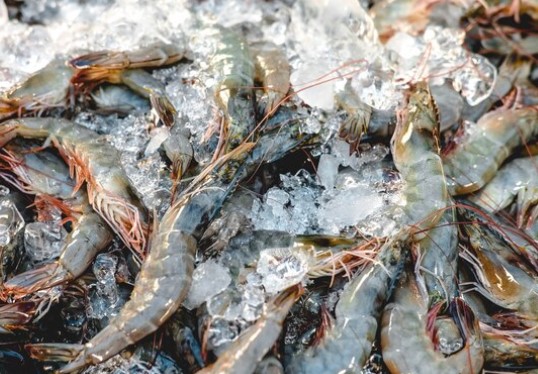
In 2019, UK researchers found traces of illicit drugs, pharmaceuticals, and pesticides in freshwater shrimp samples.
The year before, scientists in Puget Sound, Washington, reported that mussels in the area tested positive for the prescription opioid oxycodone.








































